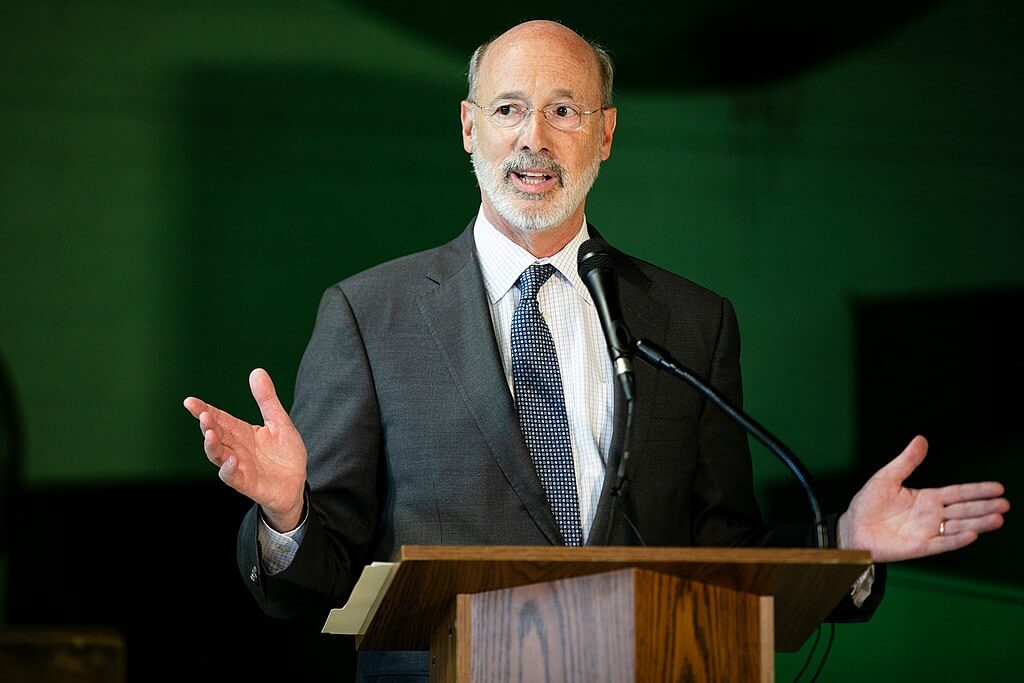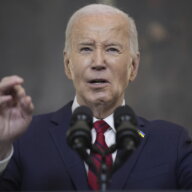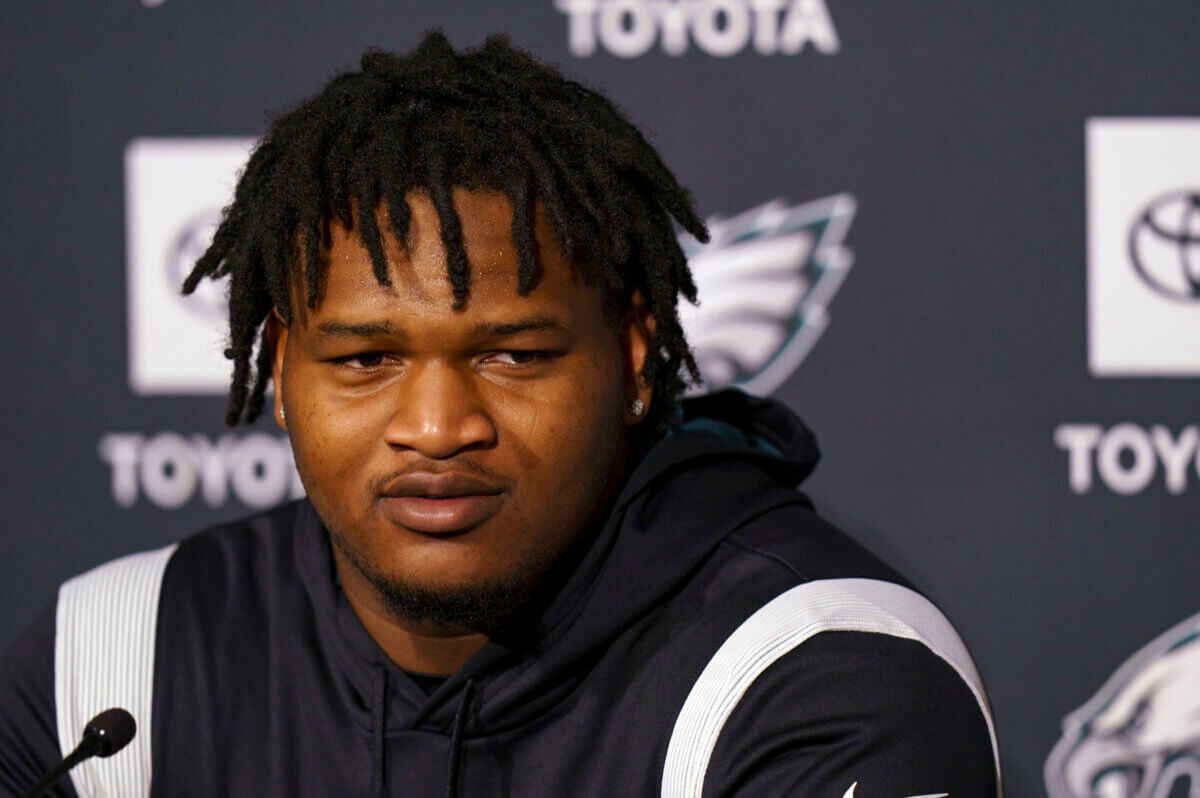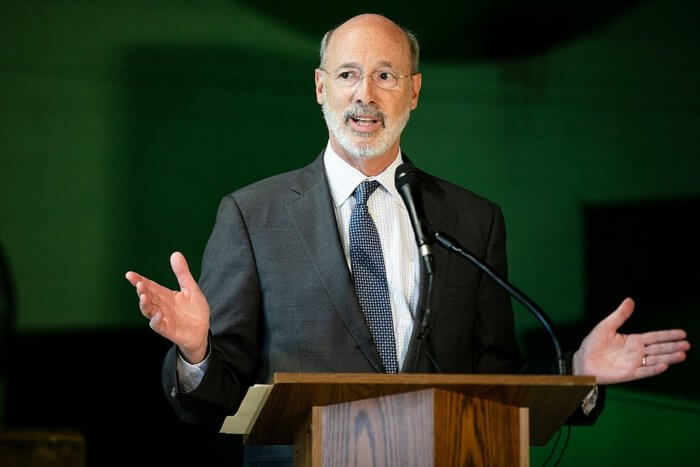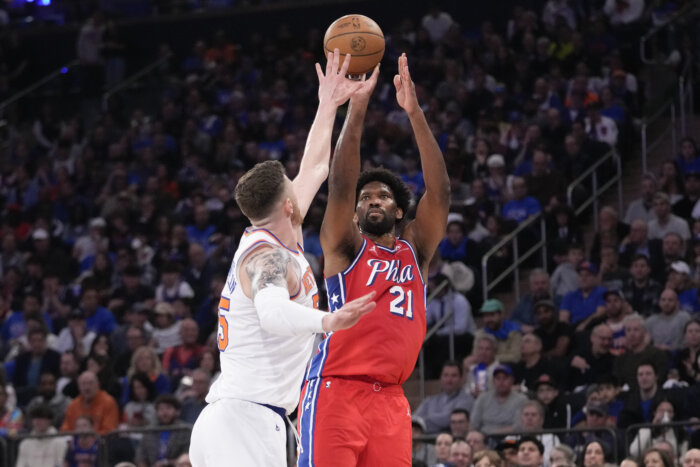Indoor dining, gyms, theaters and other venues will be allowed to reopen Monday morning, Gov. Tom Wolf said, though more stringent measures will remain in effect in Philadelphia.
The restrictions, which state leaders have described as a “pause,” were scheduled to expire at 8 a.m. Monday, but there was speculation that officials could extend the protocols to protect against a holiday-fueled rise in coronavirus cases.
Wolf said he hopes the measures, which were imposed Dec. 12 to target the busy Christmas and New Year’s period, will blunt any potential spike.
“The fight against this dangerous disease is not over,” he said Wednesday. “This does not mean that we’re out of the woods, not by any means.”
Museums, bowling alleys, concert halls and casinos will also be allowed to reopen, with limitations, and high school sports and extracurricular activities may resume next week. Capacity caps on indoor and outdoor events will be eased.
In Philadelphia, the state’s decision paves the way for what officials have called lower-risk settings, which include gyms, museums, outdoor athletic leagues and in-person high school classes, to get going again.
Last week, Mayor Jim Kenney and Health Commissioner Thomas Farley announced that prohibitions on indoor dining, casinos, theaters and indoor events will remain in place within city limits through Jan. 15.
More restrictive capacity limits will also be in place in the city, with proprietors required to allow in only five people per 1,000 square feet, about equivalent to 5% of a building’s fire code occupancy.
Wolf, while warning that the virus was still “an immense danger” to the healthcare system, said he was encouraged that the state’s percent positive rate — now at 15.1% — has been falling and that cases appear to be plateauing.
He also indicated that he is “personally disappointed” at the speed of vaccine distribution. The federal inoculation campaign has come under increasing pressure in recent days, including from President-Elect Joe Biden.
“Maybe my expectations were too high that the vaccine would have been rolled out faster and in a much more efficient manner than it has been,” Wolf said.
“Now, I understand there’s a hand-off between the outgoing presidential administration and the incoming one, but my hope is that we can get these vaccines out and that we don’t have, what I hear we have, vaccines sticking around warehouses,” he added.
Wolf said the state currently is not “directly involved” in the logistics of vaccine distribution.
Across Pennsylvania, nearly 100,000 people have received their first injection, not counting Philadelphia, where there have been 21,046 doses administered.
CVS and Walgreens have begun vaccinating nursing home residents and staff as part of a federal partnership. About 36,000 doses have been allotted this week to that initiative in the state, Pennsylvania Health Secretary Rachel Levine said.
She estimated that, within the state, there are about 1 million healthcare workers and 250,000 to 300,000 residents and staff of long-term care facilities — those groups are receiving top priority in phase 1a of the vaccine roll-out.
Getting through those populations is probably going to take “a couple of months,” Levine added.
Her department issued an order Wednesday to sites receiving vaccine shipments, mostly hospitals, to dedicate at least 10% of their allotment to unaffiliated healthcare workers. Medical centers must also establish a point of contact for that group, which is also included in 1a, she said.
Officials in Philadelphia reported 30 new COVID-19-related fatalities Wednesday, while the state registered a total of 319.
The city’s single-day case count was 305, and, throughout Pennsylvania, there were nearly 9,000 new cases. There are 6,022 people hospitalized with the virus in the state, including 762 patients in Philadelphia.



